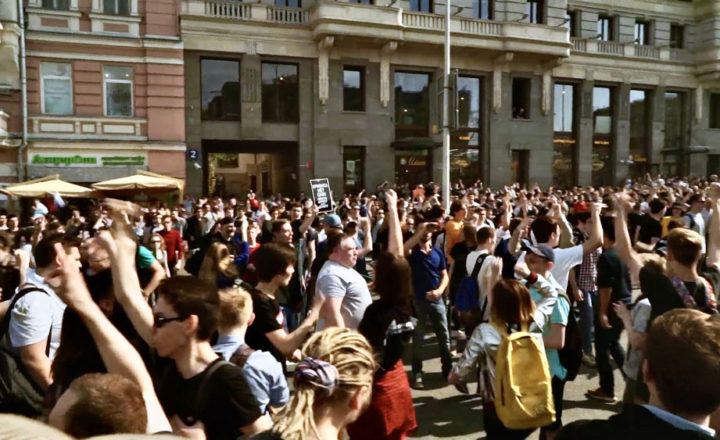
First to Stand is about committed human rights activists who know if they stand up, it won’t be long before others are standing with them.
A film by Irene Lilienheim Angelico and Abbey Jack Neidik
As the world reeled from the horror of the concentration camps, people realized there was an urgent need to protect individuals from the abuses of governments. What resulted was the creation of the Universal Declaration of Human Rights, which outlined thirty basic rights to which everyone is entitled. Today, we are witnessing a global threat to these rights as many world leaders openly seek and hold on to power with appeals to racism, xenophobia, misogyny, and imprisonment of those who challenge their regimes.
First to Stand follows Irwin Cotler and his team of young activists at the Raoul Wallenberg Centre as they take on the cases and cause of political prisoners and human rights activists battling against the world’s most repressive regimes.
Cotler began fighting for freedom and justice in law school with the landmark case of Russian refusnik Natan Sharansky, for whom he devised his “mobilization of shame” against the human rights violator — essentially, a PR blitz against a superpower to convince them that holding a political prisoner is bad for their image. The strategy led to Gorbachev releasing Sharansky in 1986.
Tyrants aren’t amused by someone embarrassing their regime in front of the rest of the world — especially Vladimir Putin. Like others who crossed Putin’s path, Cotler was poisoned in Moscow. But the attempt on his life hasn’t dampened his commitment. He is today, one of the world’s most effective activist in the protection of human rights.
First to Stand revolves around the backstory in Russia up to the current human right cases and causes led by Cotler. It opens in the streets of Moscow with protesters chanting to bring Putin down. It is a film of high stakes, emotion and drama, which takes us from the streets to the strategy sessions and corridors of power, as Cotler meets with the heads of state arguing passionately for his client’s release. With unprecedented access, we will follow their families and supporters, including:
- Raif Badawi, the Saudi blogger who was sentenced to ten years and a thousand lashes for “insulting Islam” by advocating freedom of speech on his blog. His wife Ensaf is working tirelessly on his behalf.
- Bill Browder, Putin’s #1 enemy — the first to speak out against Putin and the creator of the Magnitsky Act, the basis of the current sanctions against Russia. He will be nominated for the Nobel Peace Prize this year.
- Amal Clooney, international human rights barrister, who is co-heading an international panel to protect media freedom.
- Shaparak Shajarizadeh, named one of the most influential women in the world by the BBC for her protests and arrests fighting compulsory hijab in Iran.
- Natan Sharansky, Russian refusnik, who is still fighting for human rights in Israel and around the world.
- Masih Alinejad, journalist, who the Iranian government recently tried to kidnap in an assassination attempt interceded by the FBI.
- We also cover Irwin Cotler’s work with the international team for Nelson Mandela and in remembrance of the genocide in Rwanda.
Although Raif Badawi was released from prison in March 2022, The Saudi regime has instituted a ten-year travel ban, so he cannot leave the country. Irwin and his team have been working behind the scenes to have the ban rescinded. We hope to soon add an epilogue showing Raif’s reunion with his wife Ensaf and their children.
